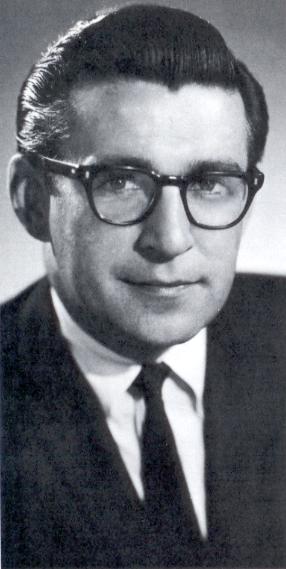 |
SMASH OR A BOMB? Here's how tomorrow's top tunes get rolling By GENE TAYLOR
|
 |
SMASH OR A BOMB? Here's how tomorrow's top tunes get rolling By GENE TAYLOR
|
| There are
about 10,000 records released every year. In 1966 this broke down to about
6,500 singles and 3,500 LPs. Approximately one-third of these are played
on the air, and only a tiny handful ever reach the rarefied atmosphere
of "hit" status.
Why? What special "magic" ingredient causes a lone record to skyrocket to the top of the list, leaving the stacks of chaff behind? How can an unknown group like Shadows of the Night suddenly, almost out of nowhere, scream to the top? If you're looking for a secret formula for producing a best-selling record, forget it! Although there are one or two things that will boost a record, sometimes a tune will break all the stodgy rules and make it big. A record that has the "built-in sell" of a name star or group hs the best chance. It's obvious that a Beatle tune will generally do better than one cut by Joe Nobody. To become a hit, a record has to be "showcased" on the air for potential buyers. This isn't easy. Our WLS program manager, Clark Weber, screens between 150 and 200 singles each week to choose 65 or so for playing on the air. How does he pick them? Again, records with "name" artists have the best chance. Listener response is another way to boost a record. Some of the disc jockeys will take brand new records to their hops, and let the guys and gals give their opinion. Letters and phone calls to the station are another measurement for a record. Many companies will test market a record in towns like Detroit or Ft. Wayne, to see if the tune will sell nationally. If sales are good, and listeners response high enough, the company will go ahead with national distribution. There's one odd fact faced by every company in the record business - geographical preference. Some towns will fall madly in love with a tune, while others will ignore the same platter. A Dave Clark 5 release in Chicago might be a complete sell-out, while the same record might be a miserable flop in Ft. Lauderdale. So that's the story. To Produce a hit record you should have a name recording artist, promotion, and bushels of luck. |